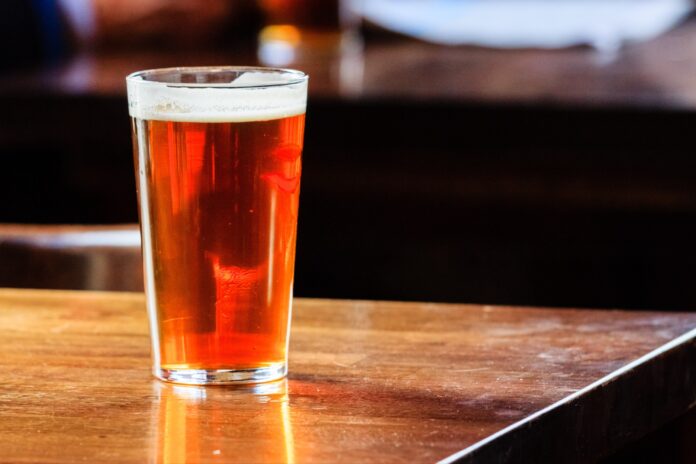President Putin’s warmongering may threaten British sausages and pints of beer.
The Russian leader has exerted control over Europe’s gas supplies and indefinitely shut down a key pipeline.
This has sent the price of gas in the UK to record highs in recent months. Factories in the UK and Europe that make fertilisers used to grow food and liquid CO2 used to package food and make fizzy drinks, have been severely affected by this gas price, forcing them to cut production or close entirely.
New analysis by the Energy and Climate Intelligence Unit suggests that the UK’s food and drink sector could end up footing an extra bill for liquid CO2 in the region of £1.7 billion if gas prices stay high. This is because the price of a tonne of liquid CO2 is now up to 3000% higher than a year ago, currently as much as £3000 per tonne, compared to just £100 per tonne one year ago.
Last October the price of gas forced some of these factories to shut and led to a shortage of liquid CO2, and fears of knock-on food and drink shortages.
CF Fertiliser’s factory, which makes around 60% of the UK’s liquid CO2 supply, again reduced production due to high gas prices in late August this year.
Ultimately, these costs could end up on the price of food and drink products that consumers are buying.
There are new fears that gas prices could rise further, or even that supplies will be cut off, leading to increases in the price of liquid CO2 or a repeat of last year’s shortages. Liquid CO2 is used for everything from packaging food to keep it fresh, to making beer and other drinks fizzy, to stunning animals in abattoirs to make products like sausages.
Businesses in the food and drink sector are already paying significantly more for energy than even a few months ago. In the first quarter of 2022 businesses like pubs, farms, and supermarkets paid 71% more for gas than in the first three months of 2021, and 28% more for electricity.
Fay Jones, Member of Parliament for Brecon and Radnorshire and Chair of the Farming APPG, said: “The price of gas is adding thousands of pounds to families’ energy bills. Now, like last autumn, it could affect supplies of CO2 and of fertilisers, and drive up the price of everything from beer to bacon.
“Shortages of CO2 would come on top of the dry weather, and sky-high prices for farming ingredients like fertilisers and energy. This is another sign of how exposed farmers, and the UK food and drink industry, are to the price of fossil fuels and to climate change. The solution lies in achieving net zero which in turn lends itself to improved food and energy security. Home grown renewables are already helping keep energy bills down as well as providing an option for farmers to diversify their business. But also, British technology though cutting edge green fertilisers that aren’t made from gas could provide an alternative to farmers.”
Emma McClarkin, Chief Executive of the British Beer and Pub Association said: “A guaranteed supply of CO2 is essential for operations across pub and brewing businesses, but currently extreme volatility in wholesale energy prices is resulting in unprecedented price fluctuations and uncertainty of supply for our industry. Alongside extreme energy costs and other inflationary pressures our pubs and brewers are being forced to make extremely tough business decisions, with many not being able to plan even a week or two in advance and at a point where such preparation is vital to prepare for the festive trading period.
“To avoid beer shortages and pub closures we need the Government to ensure there is a sustained, reliable supply of CO2 to our industry, holding suppliers to account in the process. Breweries need reassurance that they will be able to keep producing and supplying beer to pubs so they are able to keep their doors open and serve their communities”







